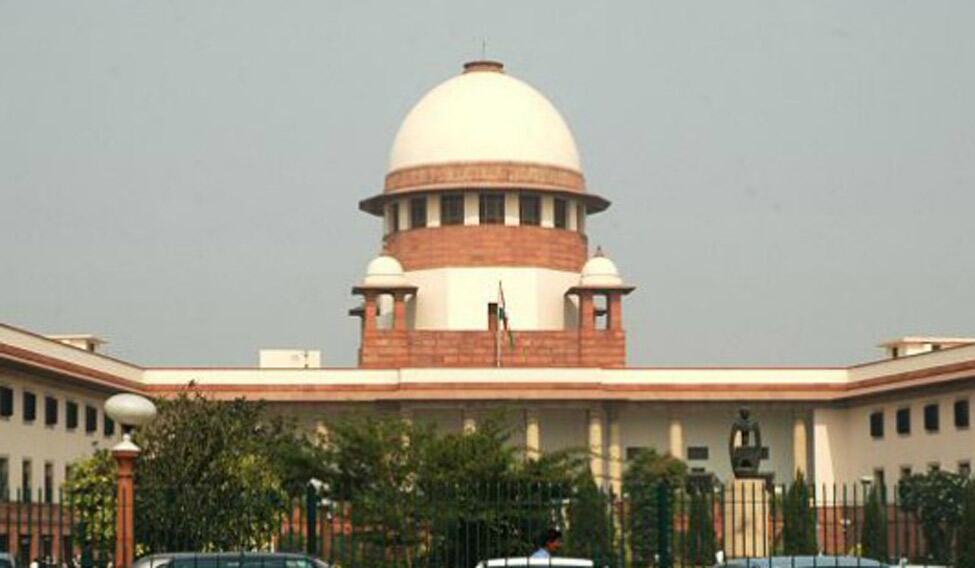Top court: Use ICT tools to ensure democratisation of access to justice

New Delhi: The Supreme Court Friday asked the Chief Justices of all high courts to use information and communications technology (ICT) tools to ensure that the access to justice is democratized and equitably allocated , saying as per the National Judicial Data Grid (NJDG), over 91 thousand bail pleas are pending in high courts alone.
The apex court said the chief justices of every high courts and administrative judges of districts should in their administrative capacities utilize the ICT tools to remedy the "institutional problem" of bail applications and monitor the pendency as "liberty is not a gift for the few".
Further, the top court said high courts and trial courts must enforce the basic rule of the criminal justice system of bail, not jail in practice.
The suggestions came in the judgement by which the top court extended the interim bail granted to TV anchor Arnab Goswami and two others in a 2018 abetment to suicide case.
The top court said the grant of bail is the solemn expression of the humaneness of the justice system and referred to the NJDG data which reflected that 91,568 bail applications are pending in high courts.
Besides them, 12, 66,133 criminal matters such as writ petitions, appeals, revisions and applications are pending in high courts as well, the judgement said.
A bench of Justices D Y Chandrachud and Indira Banerjee said that in district courts as many as 1,96,861 bail pleas are pending and the district judges should use the ICT tools to monitor and ensure that everybody gets justice.
The data on the NJDG is available in the public realm. The NJDG is a valuable resource for all High Courts to monitor the pendency and disposal of cases, including criminal cases. For Chief Justices of the High Courts, the information which is available is capable of being utilized as a valuable instrument to promote access to justice, particularly in matters concerning liberty.
The Chief Justices of every High Court should in their administrative capacities utilize the ICT tools which are placed at their disposal in ensuring that access to justice is democratized and equitably allocated, it said.
The NJDG data makes clear that there was a pressing need for courts across the judicial hierarchy in India to remedy the institutional problem of bail applications not being heard and disposed of with expediency.
Liberty is not a gift for the few. Administrative judges in charge of districts must also use the facility to engage with the District judiciary and monitor pendency, it suggested.
Referring to the basic rule of the criminal justice system of bail, not jail , it said High Courts and courts in the district judiciary must enforce this principle in practice, and not forego that duty, leaving the top court to intervene at all
times.



